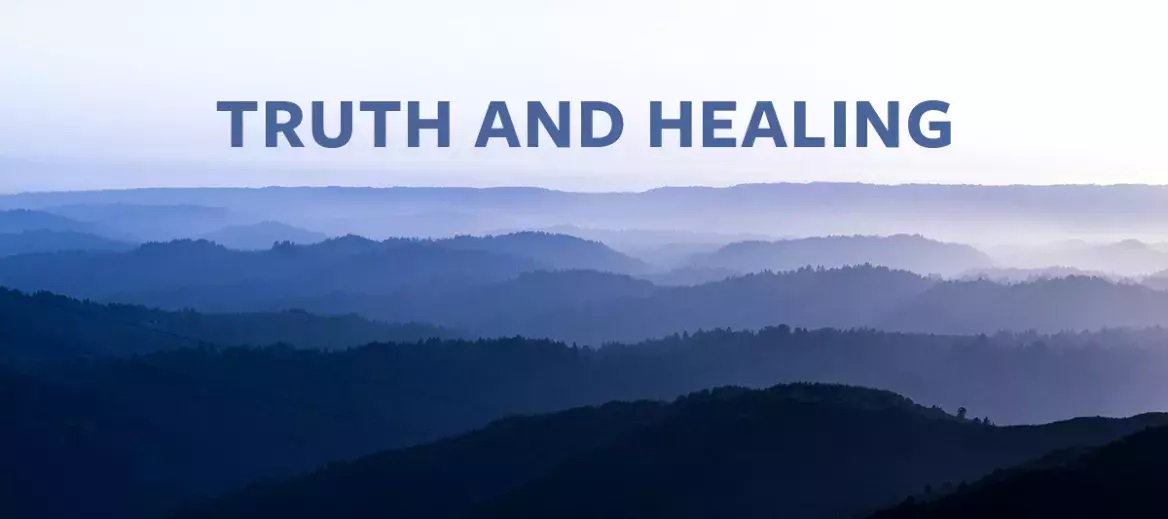For almost 100 years, Native American children in the United States were forcibly removed from their families and placed in boarding schools, an initiative driven by both the US government and the Catholic Church. These institutions sought to assimilate Indigenous children, stripping them of their cultural identities and subjecting them to severe abuse. Today, efforts are in the process to confront this dark chapter of history and work toward healing and reconciliation with Indigenous communities.
In recent years, abuses in Canadian residential schools have been revealed and have prompted a closer look at similar injustices within the United States Native American boarding schools. Established in the 1880s, these schools aimed to educate Native children under the pretense of instilling American values. However, the reality was far darker. By 1926, nearly 61,000 Native children were enrolled in 525 schools across 38 states, often taken from their families without consent. These institutions practiced harsh methods to erase Native identities, such as cutting boys’ hair, forbidding them to speak in their Native language and assigning Anglicized names.
A federal investigation launched by Secretary of the Interior Deb Haaland in 2021 uncovered numerous abuses and over 500 confirmed child deaths, a number expected to rise with ongoing research.
The Catholic Church in America, along with the National Native Boarding School Healing, is now working to address this painful past. Catholic Truth & Healing is cataloging Catholic-run boarding schools, with 87 identified so far, a number likely to grow. The Franciscan Sisters of Perpetual Adoration are confronting their past involvement in these schools, such as St. Mary’s Boarding School in Odanah, Wisconsin.
Franciscan Sister of Perpetual Adoration Georgia Christensen shares the importance of education and relationship-building in this healing process. “Educating ourselves is the first step. We’ve attended webinars and had book discussions. We’ve participated in powwows, and we’ve done two walks for missing and murdered Indigenous women [Known as MMIW walks, these events help to raise awareness.]. We provide justice training for our own people and, in fact, just completed a training session for 50 of our members and staff. It was very intense – a three-day workshop where we set up peace circles,” shares Sister Georgia Christensen.
FSPA Archivist and affiliate Meg Paulino’s work has been crucial in uncovering the stories of children who suffered at these schools. Her efforts to provide families with information about their ancestors have brought some measure of closure to those affected. “It’s a very small part of my job in the archives, but I drop everything when it comes to finding out what happened to children such as this boy,” shares Meg.
The ongoing efforts of FSPA, NABS and others are important in ensuring that these historical wrongs are not forgotten. For Sister Georgia, these actions are rooted in Franciscan charism. “I see it as part of a simple, honest living and getting back to creation. Trying to live the Gospel was what St. Francis tried to do, and I think that’s what we’re trying to do, " shares Sister Georgia.
Read the full story at Franciscan Media.

